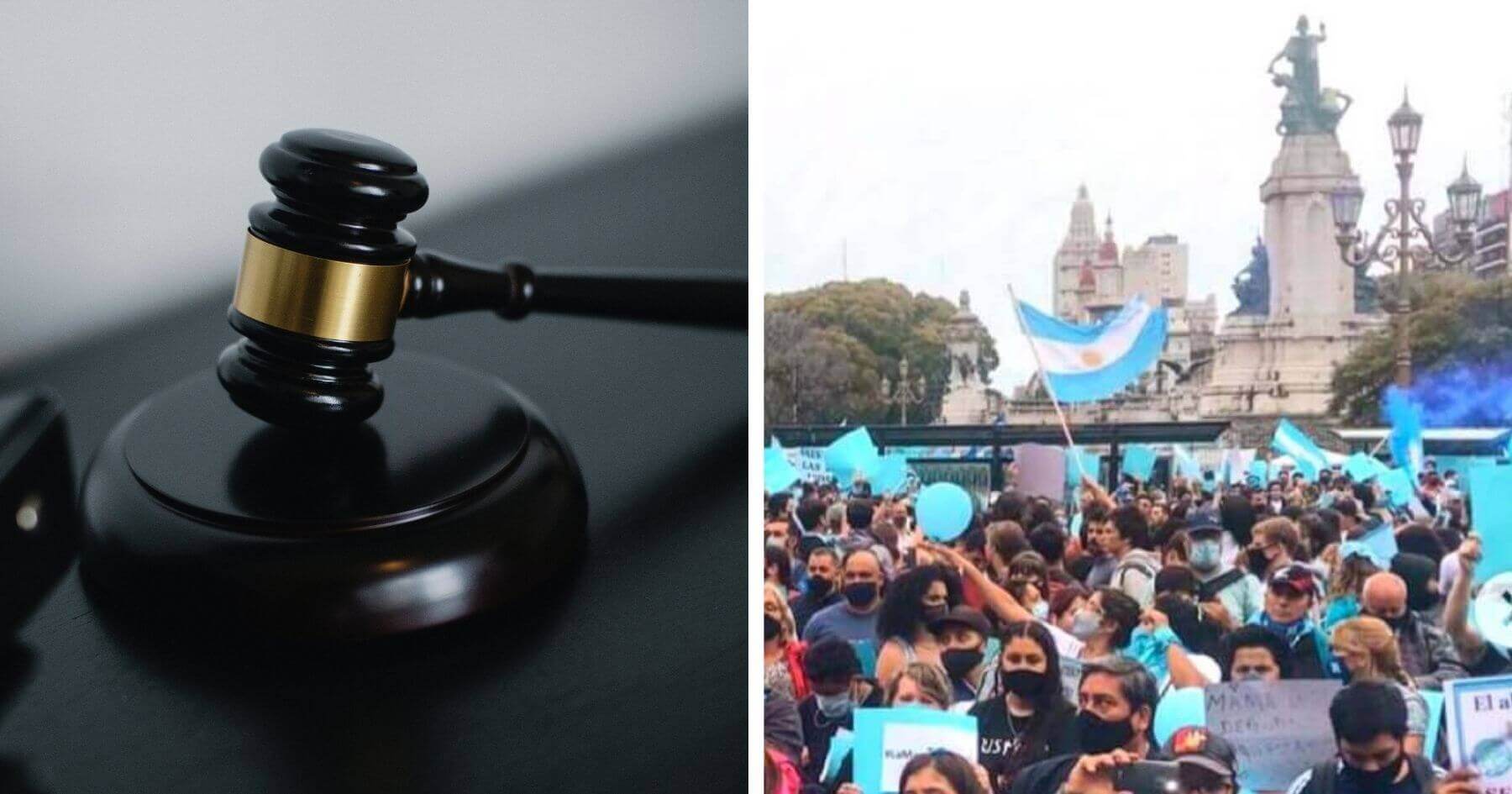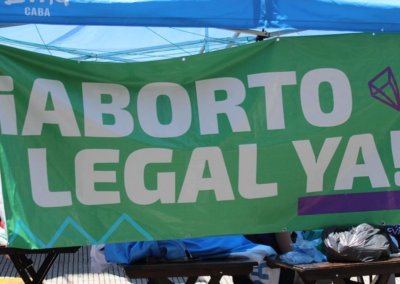A judge in Argentina has declared a new law that legalised abortion on demand unconstitutional.
Earlier this month, on the 18th March, a judge in the Province of San Luis, found that the recently introduced abortion law was in conflict with the provincial law, which grants strong protections to unborn children. The judgement was issued by Judge María Eugenia Bona in response to a suit filed by former senator Liliana Negre.
Negre had filed the suit to end “the state of uncertainty” caused by the articles of the abortion law and the Civil and Commercial Code of San Luis Province. Until late last year, Argentina continued to provide strong legal protections for unborn babies and the law in San Luis was perfectly consistent with this fact. However, since abortion was introduced on demand, the provincial and national law have come into conflict.
The judge therefore declared that Article 19 of the Civil and Commercial Code, which recognises the “existence of the human person from conception”, remained the law.
Article 49 of the Provincial Constitution of San Luis says “the state protects the human person from conception to birth and from this to full development”.
Additionally, the judge declared that several articles of Argentina’s abortion law, which permit abortion on demand, were unconstitutional.
Bona noted that the provincial law for the comprehensive protection of children and adolescents “gives precedence to the right of the child, in the face of a conflict”.
She went on to say: “It is worth wondering, because in the questioned law (of abortion), only the situation of women is defended, their rights … forgetting, for example, that this child has a father who may love him, that there are grandparents, who have an obligation of maintenance and may also love that grandchild. But they are the great absentees”.
Unless and until Judge Bona’s decision is ratified by the Supreme Court of Argentina, abortion will continue to be available in the province.
Strong opposition
The bill was fast-tracked by President Alberto Fernández who introduced the bill as part of his campaign promise. This was the ninth time that a bill to legalise abortion has been introduced and has consistently faced strong public opposition.
Last year thousands joined in pro-life demonstrations, which, according to organisers, took place in across more than 500 cities in Argentina in opposition to the abortion bill.
Argentines demonstrated for the protection of the unborn and support for mothers with unplanned pregnancies. Pro-lifers adopted the blue neckerchief as a symbol of the cause.
Participant of the Buenos Aires march, and lawmaker, Victoria Morales Gorleri said: “We have to solve the problem by fighting poverty and creating jobs. There are other ways to go about this, not the elimination of a life … It’s a failure for a nation to legalize the death of a human being”.
Right To Life UK spokesperson, Catherine Robinson, said: “In the UK over 50 years ago and in the US just under 50 years ago, abortion was forced on the entire population by a small ruling elite. In the case of the UK, through our Parliament, and in the US, through the Supreme Court. Argentina has just done the same thing and forced a deeply unpopular abortion bill through both its houses of Congress with great rapidity”.
“In the UK and especially in the US, abortion remains one of the major dividing lines in culture. Most of all, this is because one side recognises the right to life of mothers and babies and strives to help both, and the other side sees a fundamental conflict between the two where the right to life of babies can be dismissed when it is thought to clash with the mother’s rights. However, we should not underestimate the extent of the problems caused by the fact that in the UK, US, and now Argentina abortion was forced on the population in a top-down manner. In Argentina this is evidenced by the widespread popular opposition to the law, and now by the fact that provincial judges are challenging the law, which they rightly see as a grave infringement on their own law-making powers”.
“As always though, abortion supporters are intent on promoting abortion at all costs, regardless of the safety of women, as in DIY ‘home’ abortion in the UK, and regardless of the legal ramifications as in Argentina”.












